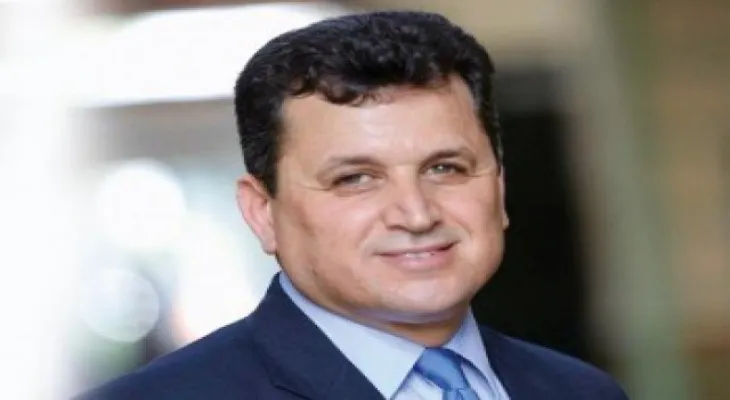Search here
Newspaper
Search here

Arab Canada News
News

Published: December 17, 2024
Canada is facing one of the biggest political challenges in its modern history following the sudden and shocking resignation of Deputy Prime Minister and Finance Minister Chrystia Freeland, which has left a political vacuum that has sparked a wave of questions about the future of leadership in the country.
Freeland is considered a prominent figure in the Liberal government, playing a pivotal role in handling major crises, such as the COVID-19 pandemic and trade negotiations with the United States.
The Political Vacuum and Its Impact on the Government
Freeland's resignation, which came at a sensitive time as the Canadian economy is experiencing a noticeable slowdown and rising cost of living, has exacerbated tensions within Justin Trudeau's government. As a figure with significant credibility on the international stage, Freeland was seen as a bridge between Canada and its Western allies, in addition to being a focal point for the Liberal Party.
Some observers believe that without her, the government faces difficulties in maintaining political and social stability, especially with rising criticisms of Trudeau's policies.
Some see this resignation as reflecting deeper internal divisions within the Liberal Party and a decline in the government's ability to address current challenges, struggling against mounting opposition pressures for Trudeau's resignation and the calling of early elections.
Economic and Diplomatic Challenges
Economically, Freeland leaves behind complex files, most notably the rising public debt, inflation that has heavily impacted the purchasing power of Canadians, and increasing pressures on vital sectors such as housing and energy.
Diplomatically, Canada is suffering from a decline in its traditional role as an international mediator and needs strong leadership to regain the trust of international partners.
The situation has been further complicated by escalating geopolitical tensions globally, particularly in relations with China and Russia.
The Future of Leadership in the Liberal Party
On the other hand, it cannot be ignored that with Trudeau's declining popularity in polls, questions arise about whether the Liberal Party can provide new leadership capable of overcoming this crisis.
Freeland's resignation may also be an indicator of increasing internal pressures to change the party's leadership before the next elections.
Conclusion
Chrystia Freeland's resignation marks a critical moment in Canadian politics, as the Liberal government faces significant challenges both domestically and internationally, with the key issue being that this resignation could open the door to further resignations and thus the collapse of the Liberal government and the calling of early elections.
Moreover, the opposition will increase its pressures demanding Trudeau's resignation in the coming phase, as the leader of the New Democratic Party (NDP) has threatened to call for a vote of no confidence against the government, which could also open the door to early elections.
The question remains: Will the Liberal Party be able to fill this vacuum and rebuild trust with the Canadian people and overcome the pressures from opposition parties and political elites in the country? Or will this crisis open the door to a stronger opposition and greater political polarization in the Canadian landscape, making Canada a point of interest for the world if a vote of no confidence is held against the government and early general elections are called, or if Trudeau resigns from the leadership of the Liberal Party and from the Prime Ministership?
Comments